Michael was at high risk of violence. There had been several instances where he’d been threatened with weapons, often outside the family home. He wasn’t safe there due to ‘gangs’ trying to gain entry to get to Michael.
When I first met Michael, he was very hesitant and didn’t want to see me face to face. He preferred to do it over the phone. He was actually homeless at the time of the referral, with Michael sofa surfing due to the risks. He also had a lengthy criminal record, with over 100 mentions on his record and a lot of police stop and searches.
Before Social Care closed his case, they referred him to temporary shared accommodation. He was hesitant about that, but I urged him to go for the stability.
Our phone conversations improved, so I made a deal with him that if he stayed in this placement, I would come see him and bring snacks, and we could do a session then.It took about 2 to 3 weeks for him to agree to see me in person. He started staying in the accommodation and we switched from phone calls to face-to-face meetings.
The engagement from the start was good, but he suffered from a lot of mental health issues and trauma, which he wouldn't speak about. Sometimes he would not engage, not answer the phone, or say he couldn't make our sessions.
As the work progressed, he started to explain his mental health, trauma and anxiety. This helped me understand him better. Now, if he doesn't answer the phone, I know he's probably having a bad day and I'll try again another time.
My main focus for the intervention was violence, crime, and exploitation. I went straight into these topics, with a focus on how the law works. He engaged well with sessions, especially when I had different perspectives and challenged him. He would challenge me back until he understood my point.
From these sessions, his involvement in violence and crime started to reduce. He was still at high risk from others, but not to himself. He was never caught again carrying a knife or weapon. He was stopped and searched by police a few times but never found with anything. The sessions made a big difference.
Throughout the intervention, we worked on his emotional wellbeing. I kept touching on coping strategies and other things he could do to help. By the end of the intervention, he was able to identify strategies that worked for him. He said he goes to the gym now because it helps his mental health.
When he's having bad days, he likes to be alone and process his emotions, which helps him feel better. He didn't want counseling or therapy but did work on trauma with me and spoke about his biggest challenge - accepting and forgiving what others had done to him.
We did a lot of work around healthy and unhealthy relationships, including peer mapping. Through this work he was able to identify who in his life is healthy and unhealthy to him. He gained perspective and now keeps a distance from unhealthy friends and certain family members who got him involved in violence and crime. He's learned to manage his priorities and emotions, and he's now even involved in community work with his mum.
Michael, Young Londoner
I learned who I have healthy and unhealthy relationships with. Before I struggled to set boundaries with people I didn’t trust or shouldn’t trust anymore. Kamisha has changed me to believe things I didn’t believe before, especially in myself.
Through the safety plan we worked on together Michael can now confidently identify safe and unsafe places and avoids areas where he might encounter trouble.
For example, during a housing meeting I attended to support him, they asked me if I knew Michael’s safe and unsafe places because he had never expressed it himself. However, Michael surprised everyone by sharing his own safe and unsafe places directly. It was a real shock because he usually doesn't speak up, but he confidently said, "This is where I'm safe. This is where I'm not safe," identifying his own safe places for the first time. He's now advocating for himself and making positive changes in his life.
I also advocated for him to get help with work and employment because he's getting older. He had a work coach who helped him create a CV, brainstorm career paths, and create a personal statement. She also provided job opportunities. He's getting housing, bidding for his own council property, and has been shortlisted. Housing was a major issue for him. Once he’s got stable housing, he’ll start to feel safer and more settled.
Michael, Young Londoner
I appreciate the time Kamisha has taken out to help me. She is funny, helpful and gives good advice. I learned a lot about things I should and shouldn’t do.
Michael’s doing well now. He's changed so much, in the ten months we worked together. Michael gave me feedback saying “you've changed my life. You made me believe that there's good people in this world. You’ve encouraged me to do better. You made me believe that things I couldn't do in myself I can do.”.
Building a strong relationship with Michael was about meeting him where he was, not being too formal and working at his pace. I shared personal experiences to show him he wasn't alone and that I trusted him, which helped him trust me. I think sometimes all young Londoners need is someone who will just listen to them, not be patronising, not judge them. It’s surprising how much they don't get that. I think having an impact and being the person he trusted to the point where he's changing his life himself and wanting it for himself, that's the biggest achievement.
Michael taught me patience and helped me understand the young person's perspective. He showed me that sometimes they just need someone to listen and support them at their own pace.
I’m really excited about his progress. He blew me out the park. I believe he's on a good path and will achieve a lot in the next five years.
How Safer London helped Michael
Trauma-informed Caseworker
Every young Londoner is allocated a single trauma-informed caseworker, who works alongside them from 6 to 12 months (with support extending up to two years if required). The support is built around the young Londoner and their needs. The session plans, session content and overall outcomes are influenced by the young Londoner, with their voice being central to what the support looks like.
Person Centred Support
The support is built around the young Londoner and their needs. The session plans, session content and overall outcomes are influenced by the young Londoner, with their voice being central to what the support looks like.
If you’re a young Londoner or parent whose worked with Safer London, and share us your story via email to inspire others. Make sure you let us know the name of your caseworker when you get in touch.

